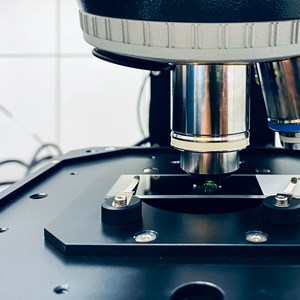NEWS

The goal of this CEN/WS is the development of a CWA which provides a set of design and installation recommendations for the arrangement and installation of propulsion systems, using hydrogen as fuel, on passenger ships.

The CWA describes a set of common procedures, methodologies and protocols to be applied when determining specific performance characteristics of gas separation membranes for various applications.

On 28 June 2023, the EU Commission announced a proposal for a EU Regulation on a Framework for Financial Data Access (FIDA).

The planned CEN Workshop Agreement defines procedures for the management of technical/financial/legal support to energy transition projects implemented through a cascade funding approach.

CEN Workshop on 'Raman devices calibration, verification and twinning protocols' was kicked off on 28 February 2024.

The objective of this Workshop is the development of one CEN Workshop Agreement intends to raise awareness and alignment about the key role of SAF in the transition to carbon neutrality in the aviation sector, as well as to explain the environmental benefits.

The CEN Workshop on "Determination of 3-hydroxyvalerate content in PHBV by nuclear magnetic resonance" stems from the ongoing Horizon 2020 upPE-T project, which aims at upcycling recalcitrant oil-based plastics by bioconversion into biodegradable bioplastic for food and drink packaging production. upPE-T includes sustainable strategies as an alternative for plastic chemical degradation, improving PE and PET depolymerization through enzymatic engineering to positively impact food and drink packaging recycling rate and achieving the European Union expected impact.

The forthcoming CEN workshop will focus on the revision of CWA 17815:2021, titled “Materials characterisation - Terminology, metadata and classification,” based on insights from the European project NanoMECommons.

The CEN Workshop on “Evaluation of Process Intensification of Biorefining Processes for Economic and Sustainability Viability” was kicked off on 5 October 2023.

EUBsuperhub is a European project funded by the European Union's H2020 research and innovation programme under grant agreement No 101033916. The project supports the evolvement of the certification process in Europe by the development of a scalable methodology to view, assess and monitor the buildings through their lifecycle, in a virtual marketplace.